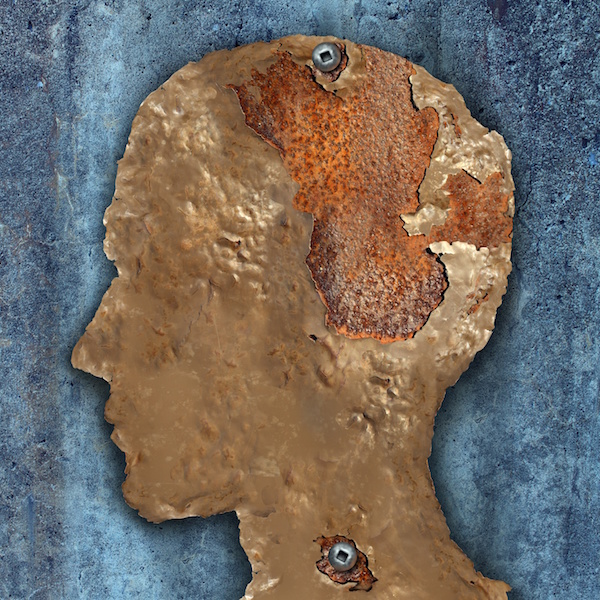
THURSDAY, Sept. 16 (HealthDay News) — A noninvasive method of brain stimulation helped partially paralyzed stroke patients regain a significant amount of muscle function, a new study indicates.
It included 60 people who suffered an ischemic stroke (caused by reduced blood flow to the brain) and were left with mild to moderate muscle weakness on one side of their body.
Twenty patients received transcranial magnetic stimulation applied at a five hertz (Hz) session daily for 10 days over the side of the brain affected by the stroke, 20 received a one Hz session of the unaffected side of the brain for the same time period, and 20 received placebo treatment sessions over a 10-day period. All the patients underwent the same physical therapy.
The patients were assessed at the start of the study, and at two, four eight and 12 weeks. The results appear in the September issue of the European Journal of Neurology.
“When we compared the results between the three groups, we found that both of the treatment groups showed significant motor function recovery. No improvements were seen in the control group who had received placebo treatment and the same physical therapy protocol,” study co-author Anwar El Etribi, a professor of neurology and psychology at the University of Cairo in Egypt, said in a journal news release.
“We believe that people develop partial paralysis down one side after they have a stroke because the [right and left] hemispheres of the brain become unbalanced. The hemisphere that has not been affected can become over-active, while the damaged hemisphere can become inhibited,” Etribi said.
“Our treatment worked on the theory that increasing the activity of the hemisphere affected by stroke and reducing the activity of the unaffected hemisphere can reduce muscle weakness and improve overall motor function.”
No adverse effects were observed, but since EEG monitoring wasn’t done, the possibility of subtle changes in cognitive abilities could not completely be ruled out, the researchers wrote.
The findings, while promising, need to be replicated by larger, multi-center trials, they added.
More information
The American Academy of Family Physicians has more about stroke rehabilitation.

